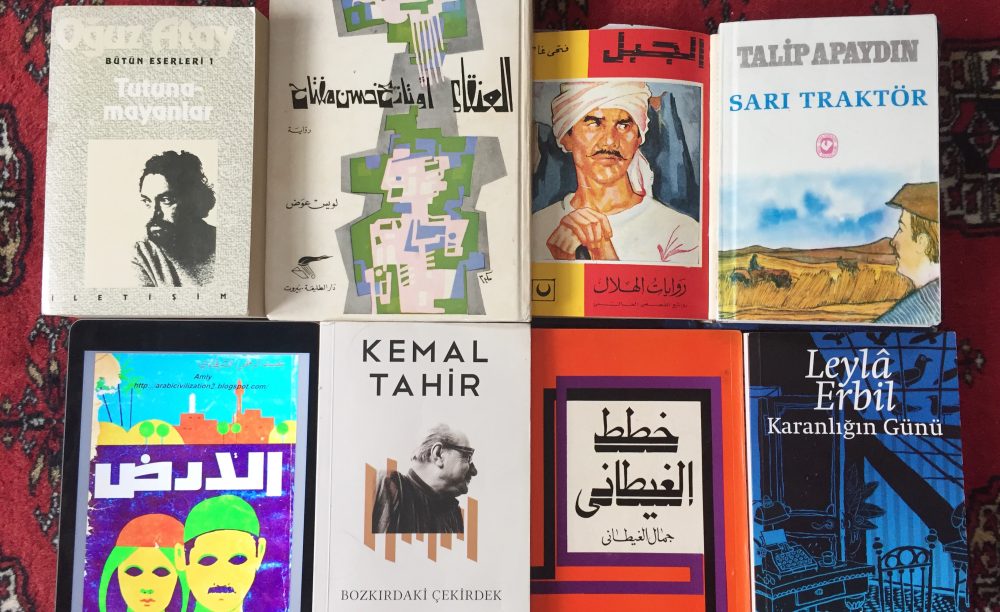The bourgeois was always, as Franco Moretti puts it, “an enigmatic creature, idealistic and worldly,” and the form that best mapped out the boundaries and the gray compromises between these poles of bourgeois identity was the realist novel. In The Bourgeois: Between History and Literature, Moretti shows how the novel as form served as the capacious and adaptable home within which the bourgeois could both assert and camouflage itself.
With the passing of the last remnants of feudal society, bourgeois culture had the difficult job of asserting its specificity while finding a language through which to speak for the whole social order.
His method is to track the significance of particular keywords, and the texture of particular kinds of grammatical form
Long before the pioneering sociologist Max Weber identified “instrumental reason” as a key characteristic of bourgeois culture, Defoe created a syntax for it. Robinson’s labors are nothing if not efficient. What is useful is beautiful on the island of bourgeois thought, and what is both beautiful and useful is without waste. The world is nothing but a set of potential tools and resources. “The creation of a culture of work,” Moretti claims, “has been, arguably, the greatest symbolic achievement of the bourgeoisie as a class.”
The bourgeois self sees a world of particular things as if they were put there to be the raw materials of the work of accumulation
“[F]illers rationalize the novelistic universe,” Moretti writes, “turning it into a world of few surprises, fewer adventures, and no miracles at all.” This is the world that Marx describes, in Capital Volume 1, as appearing as an “immense accumulation of commodities.” The creeping welter of filler, present in Defore, will reach its apogee in Flaubert. It is the bourgeois novel’s one great narrative invention
In the novel, subjectivity decreases and objectivity increases. Description becomes analytic rather than romantic, induction rather than ornament. Or so it appears. Moretti: “description as a form was not neutral at all: its effect was to inscribe the present so deeply into the past that alternatives became simply unimaginable.” This is the novel’s conservative side. While the bourgeois in the economic sphere is a demiurge of industry and accumulation, in the political and cultural sphere he stands, above all, for the solidity and persistence of all things.
Adjectives like “hard,” “fresh,” “sharp,” or “dry” express a judgment without a judge, the author having retreated behind the screen of her or his putatively neutral prose. This, for Moretti, is the real significance of the bourgeois novel’s free indirect discourse, that strange point of view characteristic of the novel, which hovers close to a character but is not identical to it: “It is as if the world were declaring its meaning all by itself
The bourgeois realist novel went through three phases: ascendant, hegemonic, and a third, where it falls apart. The boom in the novel corresponds to the aftermath of the French Revolution; its decline to the rise of imperialism, and the emergence of social questions that — with rare exceptions, like Conrad’s Heart of Darkness — it was not able to encompass. The novel then split into two parallel streams. On the one hand, the genre novel, which presses on into uncharted territory, addressing a mass audience on themes the realist novel had only touched on: class struggle, the death of God, the industrial revolution, the colonial other. On the other, the modernist novel, from Joyce to Platonov, plays out a series of variations on the formal properties inherent in the novel as form, while at the same time trying to speak to the shock of the historical event which now outstrips the speed and scope of the trauma of the French Revolution

